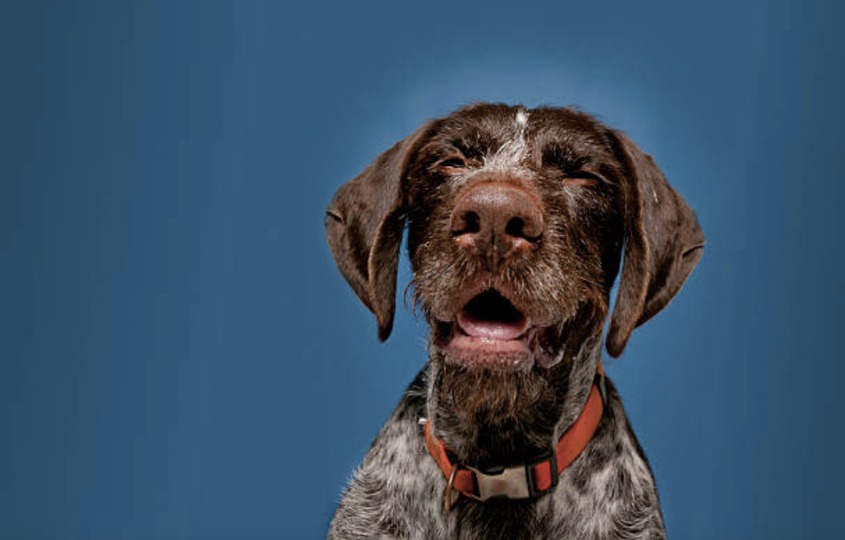Many of us would get frantic when we see our doggies starting to seem “choke” or look like having “an asthma attack” – watch this:
It looks alarming when your pet is experiencing it, as soon as the episode ends, your pet seems back to normal and behaves as if nothing happened. This is actually reverse sneezing, a benign condition that almost never requires treatment.
Reverse sneezing is a fairly common condition
It happens more often in small breeds, such as pugs, bulldogs and other flat-faced breeds, probably due to their smaller throats and windpipes. Dogs in the midst of a reverse sneezing episode often stand still with their front legs splayed, neck extended or head back, and eyes bulging as they make a loud honking or snorting sound. It’s the look and sound of reverse sneezing that often causes people to panic and rush their dogs to the nearest emergency animal hospital.
Reverse sneezing is caused by a spasm of the throat and soft palate. The spasm is triggered by an irritation to the throat, pharynx or laryngeal area. Some of the most common triggers include: excitement, pulling on the leash, a too-tight collar, air fresher sprays, perfume and other environmental irritants, exercise intolerance, sudden change in temperature.
Helping your dog by staying calm yourself
The condition could make your dog anxious, it would be helpful if you remain calm when it happens. If you flip out every time, you could actually condition her to panic too.
If you feel the need to do something for your dog, you can try massaging her throat to stop the spasm. You can also try covering her nostrils very briefly. This will cause her to swallow, which usually helps clear the irritation and stop the sneezing:
When is required to visit your veterinarian
On rare occasions, a respiratory infection, chronic post-nasal drip, nasal polyps (small, non-cancerous growths in the nasal passage) or other masses or foreign bodies, nasal cancers, a collapsing trachea cause the condition. If your pet is experiencing reverse sneezing more frequently or longer in duration or any sort of discharge from the nose, it’s best to schedule a visit to your vet to rule out those occasions.
Related article: Coughing, a sign of potential problems with your dog’s heart
Related article: 18 red flags symptoms of true pet emergency
Source: Dr Karen Becker
Video credit: LonePeakVet
Hellodog does not provide medical advice, diagnosis or treatment. See more details here.
